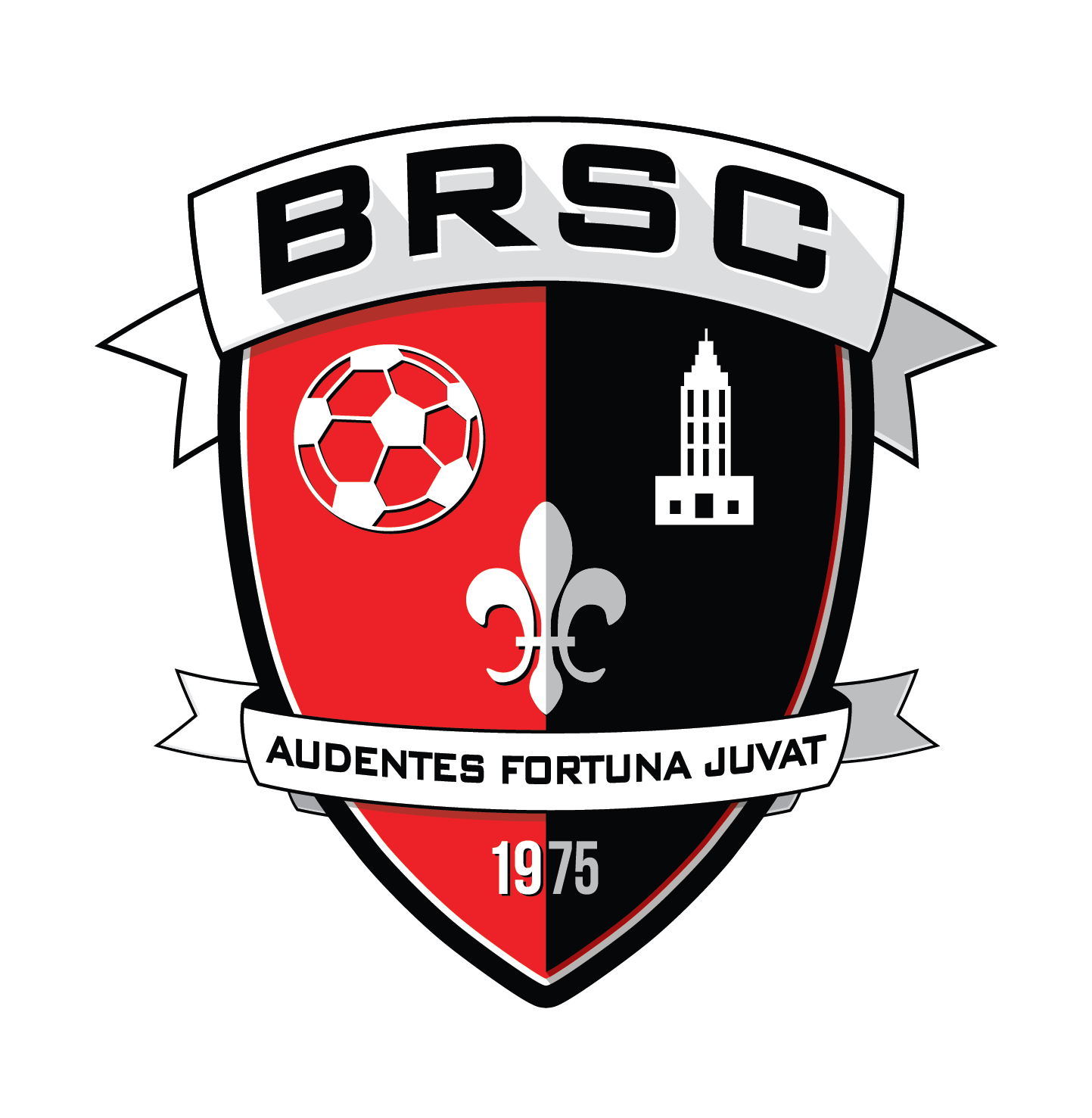College Recruiting – Email Do’s and Don’ts
As the head coach and strength and conditioning coach at MCLA in Massachusetts, Deb Raber took the time to share some tips with BRSC regarding emails that she receives from potential student-athletes.
When receiving emails at the rate that she does, there are some key points she looks for from athletes interested in playing for her program.
- When an athlete wants Coach Raber to come to see them play, having the name of the team, they are on, and their tournament schedule for the matches is essential. As well as the uniform number, colors worn, and position that the athlete will be playing are crucial pieces of information.
- If you are sending a letter, Coach Raber wants you to know who you are and get to the point of what your message regards. Long and lengthy is not the way to go.
- When you send a letter or an email, show that you have done research about the school and the program and individualize the correspondence. Form letters and vague references are not the way to impress coaches.
- Be sure that as a player and a parent, you show knowledge of the rules of contact with the coach. For example, you can’t expect a response when coaches are not able to reply due to NCAA/NAIA guidelines.
- Talk about the school, not just the soccer program. Show that you are looking at the school, and overall experience is as valuable as your interest in soccer.
The discussion with Coach Raber reminded me of many of the same concepts of going through emails that I went through when recruiting at the collegiate level. As coaches, we want to build a program that is not only successful on the field but also is involved in the community and gives the athletes the best overall experience possible.
Young people go to college to become prepared for life in the professional field that they want to be in when they have moved into the working world. How programs are built, and the quality results they give to our young people in both the athletic and professional development sense is essential and shows the quality of the program. When our young athletes are looking at coming to a particular program, their interest in these aspects will show in their correspondence and approach to coming there initially. These are the character pieces that many coaches are looking for in players.


